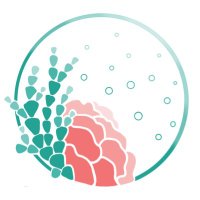
Global Change Ecology Lab
@gcecolab
🧜🏻♀️ Prof. Maggie Johnson’s group at KAUST
ID: 1617883352719323139
https://gcecologylab.kaust.edu.sa 24-01-2023 13:54:47
68 Tweet
264 Followers
28 Following




@gcecolab
🧜🏻♀️ Prof. Maggie Johnson’s group at KAUST
ID: 1617883352719323139
https://gcecologylab.kaust.edu.sa 24-01-2023 13:54:47
68 Tweet
264 Followers
28 Following


